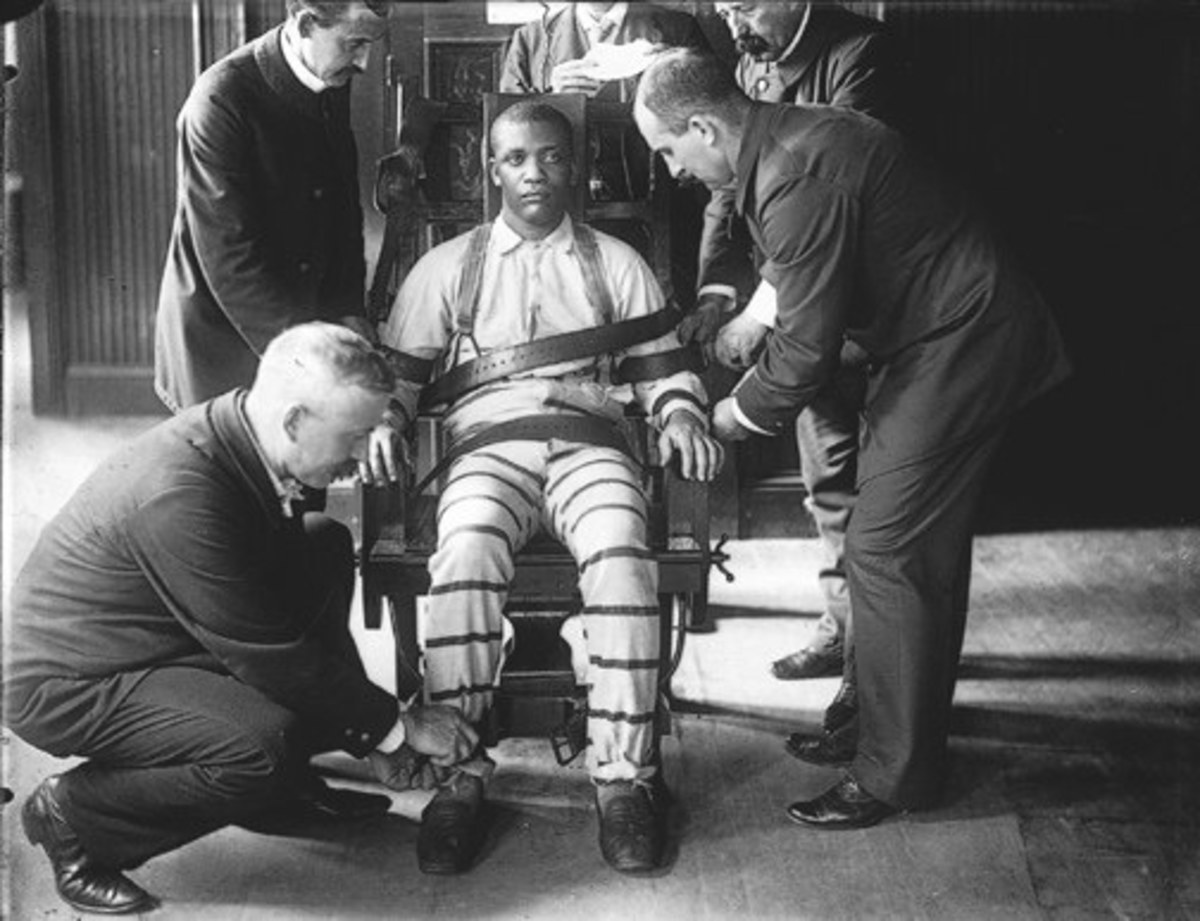Equal Justice: Not Equal, Not Justice
Was His Suspension Justified?

The Scales of Justice

One human being fires a handgun point-blank into the heart of another ... causing fatal injuries. The gunman is arrested, tried by his peers and convicted.
In this scenario, Americans would differ significantly on the question of capital punishment, but few would disagree with the premise that the gunman should receive equal justice under the law.
Capital punishment? Life in prison with no chance of parole? Or, 25 years to life, with or without eligibility for parole after 20 or 25 years?
Mitigating Circumstances?
What would be a fair sentence? Who should make the decision -- a judge? Parole Board? Governor?
What about mitigating circumstances? What if the "gunman" were a woman? A 9-year-old boy? A 21-year-old "punk" with a long criminal record? An 85-year-old cancer ridden man in a nursing home? A prison inmate?
Good questions, perhaps; but, really, are there any good answers? How much thought does "the system" give to these questions -- or to questions of equal import on other, similarly complex, controversial matters?
The answer: Very little!
What thought, what consideration is given to these questions? By whom?
Hit Or Miss Legislation?
Lawmakers on occasion specify punishment in legislation, often on a hit-or-miss basis, sometimes leaving judges some "flexibility." At times, as in New York Gov. Nelson Rockefeller's drug laws, mandatory sentencing is ordered, eliminating any such flexibility.
Crime and punishment has always been a complex subject, and it rarely has been administered well. The dungeons and torture chambers of earlier centuries have pretty much disappeared, but our society has a long way to go to reach an intelligent, fair and just solution to the problems we face today.
Capital Punishment Not the Answer
Capital punishment -- simultaneously barbaric, inhumane and ineffective -- is still advocated by large numbers of people. It is not, and never will be, the answer.
Neither is crowding large numbers of criminals into jails and prisons for varied numbers of months and years, releasing the majority of them into the population after long periods of nonproductive incarceration that aggravates, rather than improves, the social and economic skills that ex-cons need to become useful citizens -- that is, if anyone would give them a responsible job in the first place.
The question of how to handle crime and punishment goes beyond the justice system. The same kind of problem arises with discipline in our school systems, with recalcitrant children in dysfunctional families and with pilfering and drug use by the employees of some businesses.
Major league baseball has the same kind of problem.
The recent one-year suspension of New York Yankees designated hitter Darryl Strawberry, for instance. He was 37 when he failed a drug test in February; that's "old" for a baseball player. His one-year suspension likely means the end of his career. If he were 21, however, it would be little more than a bump along the way.
What's needed in order to find a workable solution to this whole problem is a far wider public debate on these issues.
I wrote this column as a "My View" for The Hour newspaper of Norwalk, Conn., on April 13, 2000. I now write my views on a wide variety of topics on HubPages.








